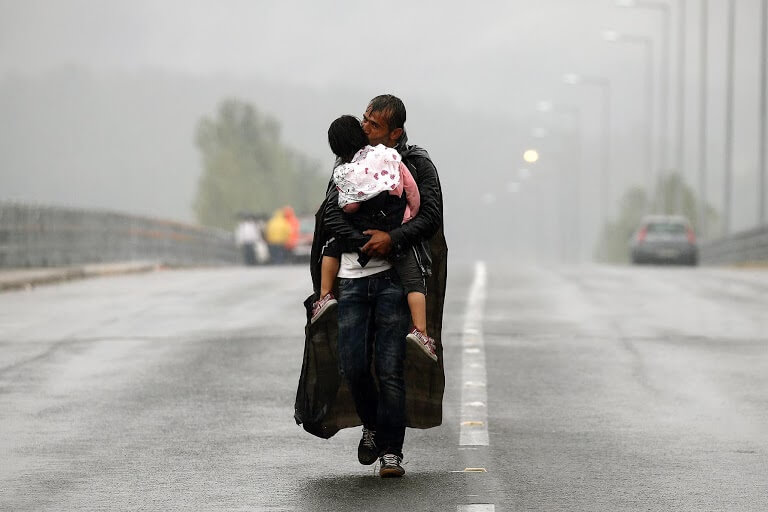
Yannis Behrakis, one of Reuters' best-loved photographers, died on March 2, 2018, after a long battle with cancer. He was 58 years old.
After joining the news wire thirty years ago, he covered lots of the most tumultuous events around the world, such as conflicts in Afghanistan and Chechnya, a massive earthquake in Kashmir and the Egyptian uprising of 2011.
In the process, Behrakis won the respect of both peers and rivals for his bravery and skill. He also led a group to a Pulitzer Prize in 2016 for coverage of the refugee crisis.
Colleagues that worked with him in the field said that Reuters had lost an incredibly talented and committed journalist.
"It's about clearly telling the story in the most artistic way possible," said veteran Reuters photographer Goran Tomasevic.
Behrakis' dedication was striking. His friend and colleague of thirty years, senior producer Vassilis Triandafyllou, described him as a "hurricane" that worked all hours of the day and night, often at considerable personal risk, to get the photo he wanted.
When Behrakis was not absorbed in work, he was warm, funny and larger than life. He could also be fiery.
What underpinned everything Behrakis did in his professional life was his determination to show the entire world what was happening in conflict zones and countries in crisis.
He recognized the power of an arresting picture to capture people's attention and even change their behavior. His belief produced a body of work which will be remembered long after his passing.
"My mission is to tell you the story, and then you decide what you want to do," he told a panel discussing Reuters Pulitzer Prize-winning photo series on the European migrant crisis.
Behrakis was born in Athens, Greece, in 1960.
He came across a Time-Life photography book as a young man. This prompted him to enroll in a private photography course. His love affair with the trade had started.
He worked in a photographic studio in the mid-1980s but thought that the atmosphere was stifling.
It was a 1983 film, "Under Fire," about a group of reporters working in Nicaragua in the days leading to the 1979 revolution, which inspired him to take up journalism.
He began at Reuters in Athens as a freelancer in 1987, and in January 1989, was sent on his first foreign assignment to Muammar Gaddafi's Libya.
Behrakis quickly displayed a knack for being in the right place at the right time.
When Gaddafi visited a hotel where journalists had been cooped up for several days, a scrum of reporters crowded around the Libyan leader to get pictures and soundbites.
"I somehow managed to sneak next to him and get some wide-angle shots," he wrote. "The next day my picture was all over the front pages of papers around the world."
For the following three decades, Behrakis was frequently on the road covering violence and upheaval across Europe, Russia, Africa, and Asia.
The photographs he produced won awards and admiration among the tight-knit community of war correspondents, that noted Behrakis' ability to find beauty amid chaos and for his courage to be at the heart of the action.
The pictures captured the terror of battle, love, fear, death, intimidation, starvation, anger, despair, homelessness, and courage.
One photo from the wars in former Yugoslavia, captured in 1998, shows an ethnic Albanian man lowering the body of a 2-year-old boy that had been killed in the fighting into a tiny coffin.
He took the picture from a high position and used a slow speed/zoom technique to create a dizzying sense of movement.
"The picture was very strong and the body of the boy almost floating in the air," Behrakis said. "It almost looked like his spirit was leaving his body for the heavens."
In 2000, while covering the civil war in Sierra Leone, Behrakis was traveling in a convoy with Reuters colleagues Kurt Schork and Mark Chisholm, and AP cameraman Miguel Gil Moreno, when it was ambushed by gunmen, believed to be rebels.
Schork, one of Behrakis' closest friends, was hit and died instantly, and Moreno was also killed. Behrakis and Chisholm escaped.
Both survived the attack by crawling into the undergrowth beside the road and hiding in the jungle for hours until the gunmen disappeared.
Behrakis took a photograph of himself just after the ordeal. The picture shows him staring up at the sky with his eyes dazed.
He said he hated war, but, like many others, he loved the travel, adventure, and camaraderie that came with it. Rather than putting him off, Schork's death drove him back to combat zones, at least for a while.
Behrakis had recently spent more time in Greece, where he recorded the impact of the country's financial crisis and the influx of hundreds of thousands of refugees entering Europe.
In 2015, he and a team of photographers and cameramen worked in the relay for months to cover the thousands fleeing wars in Syria, Afghanistan and beyond.
The refugee crisis had a profound effect on Behrakis, causing guilt, insomnia, and nightmares.
However, it also brought out the best in a photographer who had always focused on the dignity of humans in distress instead of making them objects of pity.
Triandafyllou was with Behrakis when he took what many consider to be one of his best pictures - of a Syrian refugee carrying and kissing his daughter as he walked down a road in the rain.
In 2017, Behrakis launched a project to help Reuters build a more diverse team of news photographers.
His appearances at photo festivals and events across the world inspired several young journalists to apply for a bursary from Reuters. Behrakis was very proud of this work and was still looking for a new generation of talent right up until his death.
Behrakis is survived by his wife Elisavet and their daughter Rebecca and his son Dimitri.

Behrakis in Normandy.

Rebel fighters run for cover inside a building on the frontline in Tripoli street in central Misrata.

Migrants and refugees beg Macedonian policemen to allow passage to cross the border from Greece into Macedonia during a rainstorm, near the Greek village of Idomeni.
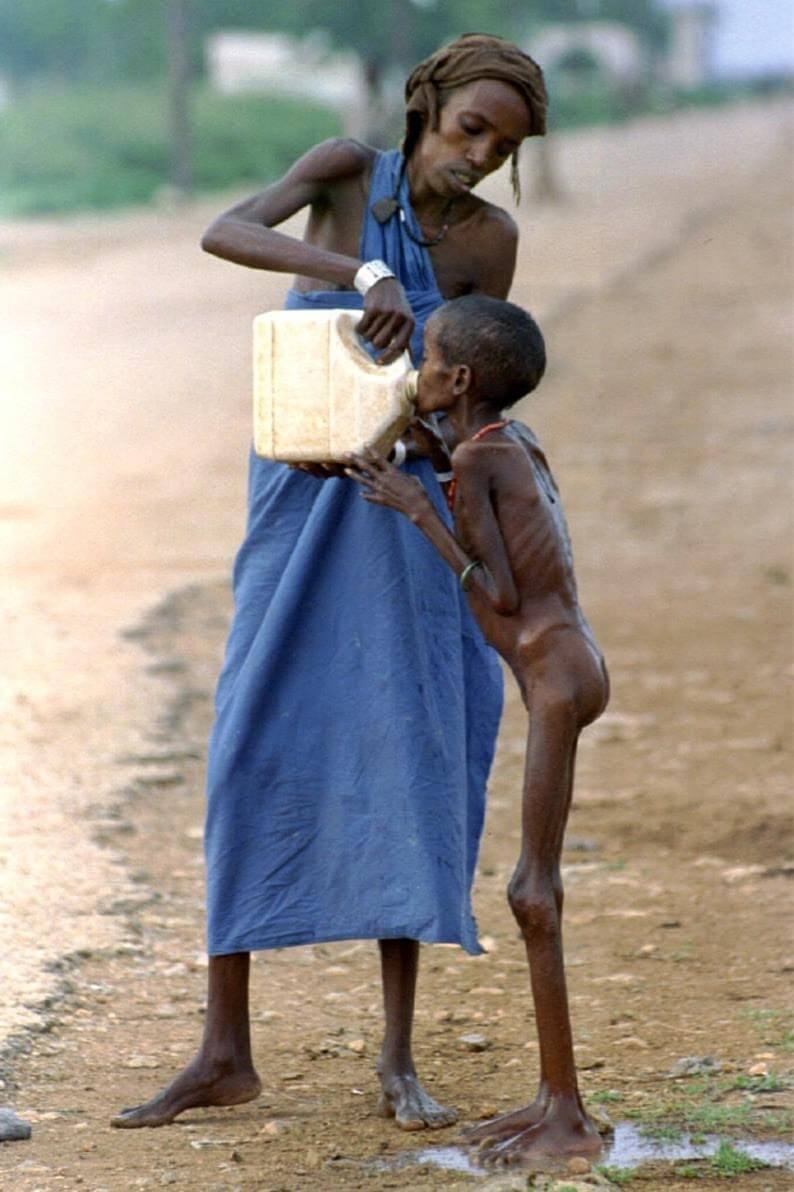
A starving Somali child is given water near a refugee camp in Baidoa.

A Somali aid worker carries a dead child for burial in a Baidoa refugee camp.

An Albanian man carries a child to a US Marine CH53 Super Stallion helicopter as it lands at Golame beach near the port of Durres.

Frantic Kurdish refugees struggle for a loaf of bread during a humanitarian aid distribution at the Iraqi-Turkish border.

An ethnic Albanian man places the body of two-year-old Mozzlum Sylmetaj into a coffin next to the coffins of three other family members killed by Yugoslav army troops as they were crossing into Kosovo from Albania.

Reuters correspondent Kurt Schork and Yannis Behrakis at the Overseas Press Club (OPC) dinner in New York where Behrakis won an OPC award for his coverage of Kosovo, and he dedicated his award to Kurt Schork.
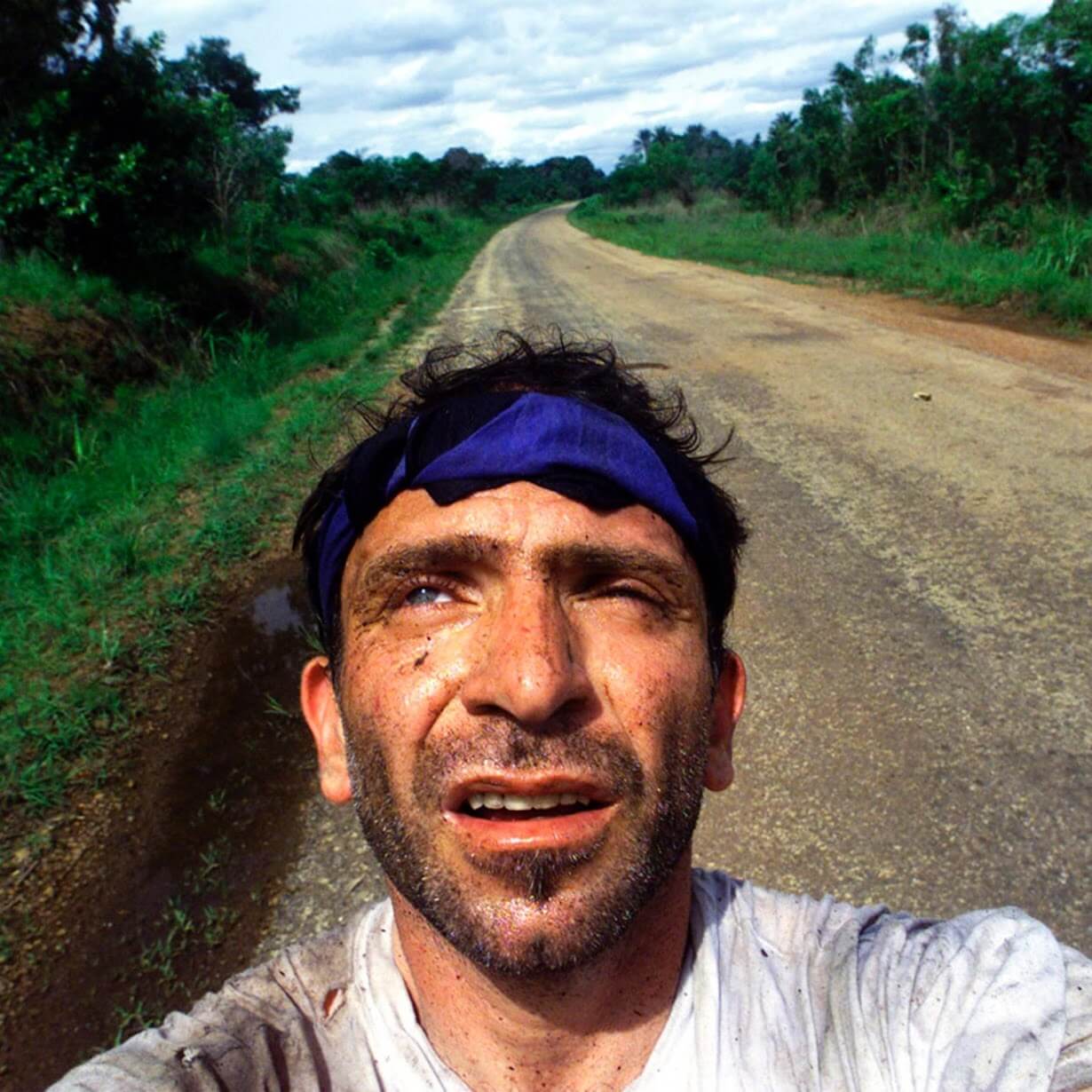
Behrakis takes takes a self portrait after surviving an ambush by Revolutionary United Front rebels in the jungle of Sierra Leone when Kurt Schork and Miguel Moreno were killed.
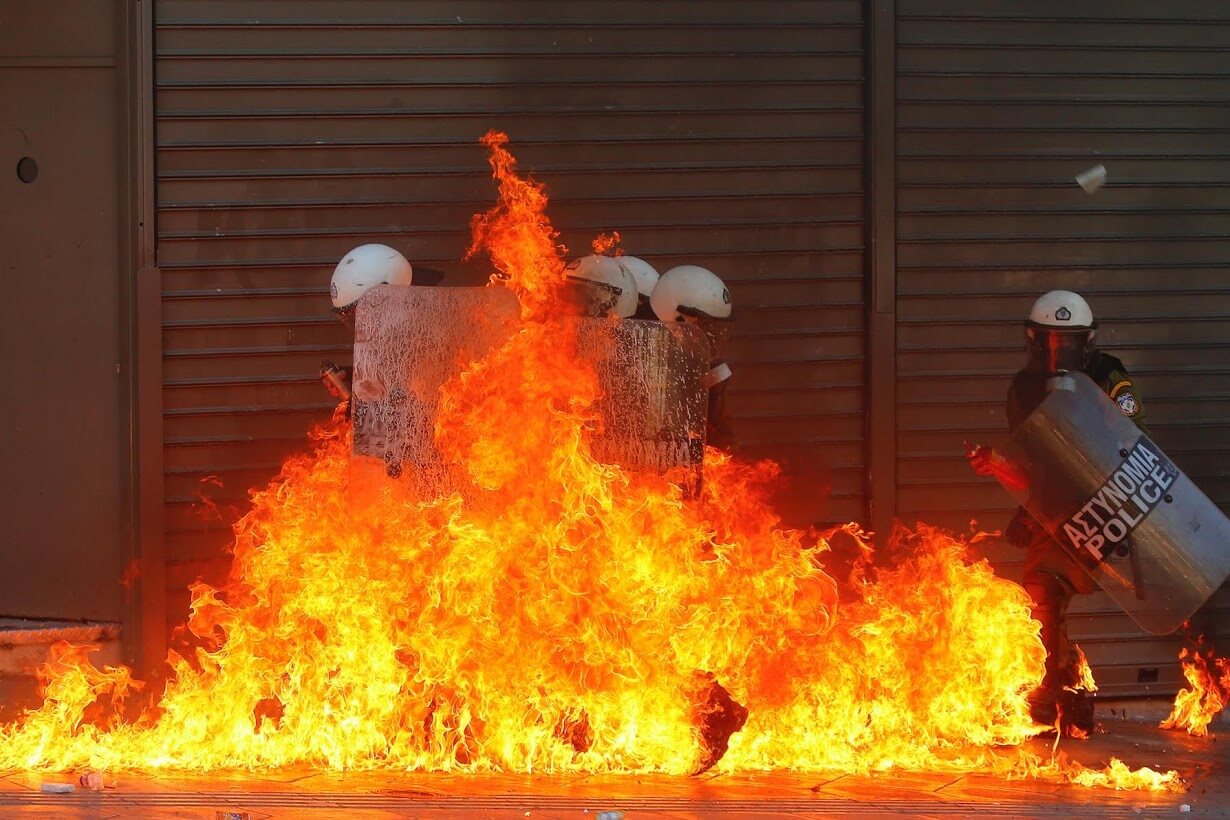
A group of riot policemen is engulfed in flames after protesters threw petrol bombs in Athens' Syntagma square during a 24-hour labour strike.

A red sun is seen over a dinghy overcrowded with Syrian refugees drifting in the Aegean sea between Turkey and Greece after its motor broke down off the Greek island of Kos.




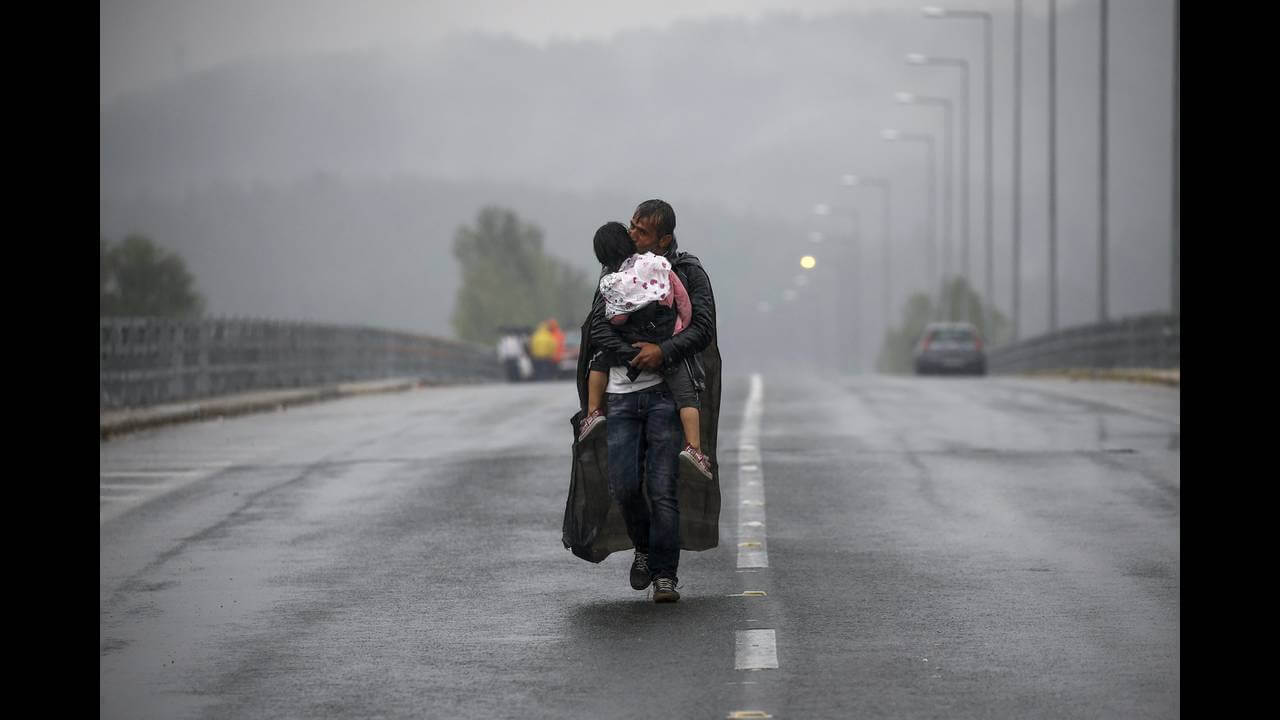
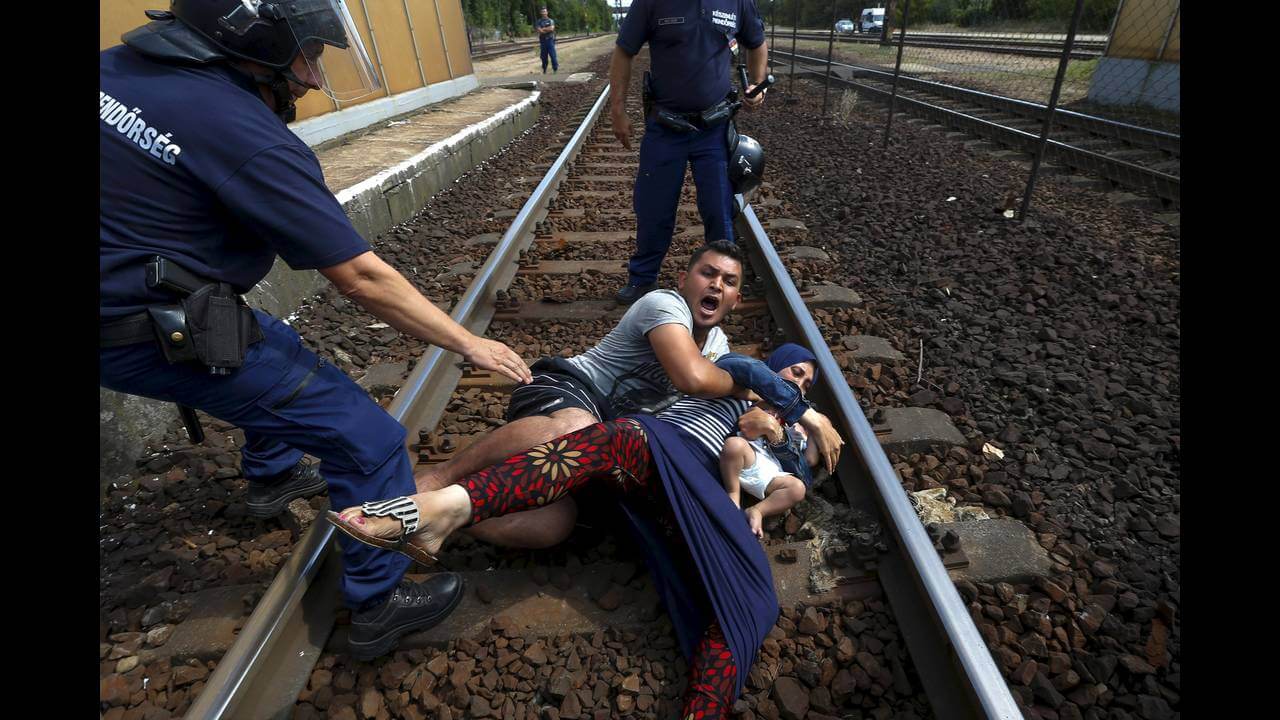




Reference: Widerimage.reuters.com













Hey everyone!
ReplyDeleteToday I come to you with so much excitement!
I have been married & barren for 5years i had no child. i have never been pregnant i was a subject of laughter from my Friends & neighbors, i almost lost my marriage because of this issue . i was so confused that i did not know what to do until i came across this great Dr online and i contacted him at once i was scared weather it was going to work because i never believed things like this before, so i decided to give it a try and i did all what Dr Ahmed asked of me and today to my greatest surprise i took in the first time and i gave birth to a bouncing baby boy and now my marriage that was about crashing before is now restored. my husband now love and want me better, Am so happy for everything that have been happening my life since i met this Dr Ahmed.
I want to tell all the women out there who have a similar situation like that the world is not over YET they should dry up their tears and contact this great man and their problem will be gone or are you also having other problems you can also contact Dr Ahmed, here is how you can contact him Ahmedutimate@gmail.com or Contact him via his whats-app number +2348160153829.
Thanks
Alexa Planter
he may rest in peace...
ReplyDeleteInformation about Fortnite update 1.38. Fortnite Update 1.38 for PS4, Xbox One, and PC is now available for download. According to the official Fortnite 1.38 patch notes, the latest patch includes bug fixes and changes for Battle Royale. This includes an option to remove aim-assist on consoles, and more. The Winter Event for Save the World is also ending today. In addition, with Fortnite version 1.38, The Mutant Storms is now available.
ReplyDeleteFor more: https://omlet.gg/photo/eyJhIjoiVlhENVRGTE9EWk5HOVJSVkFEMjAiLCJpZCI6IlhBWGZLajhybWI1Ynk3N0UiLCJ0IjoiU2NyZWVuU2hvdCJ9